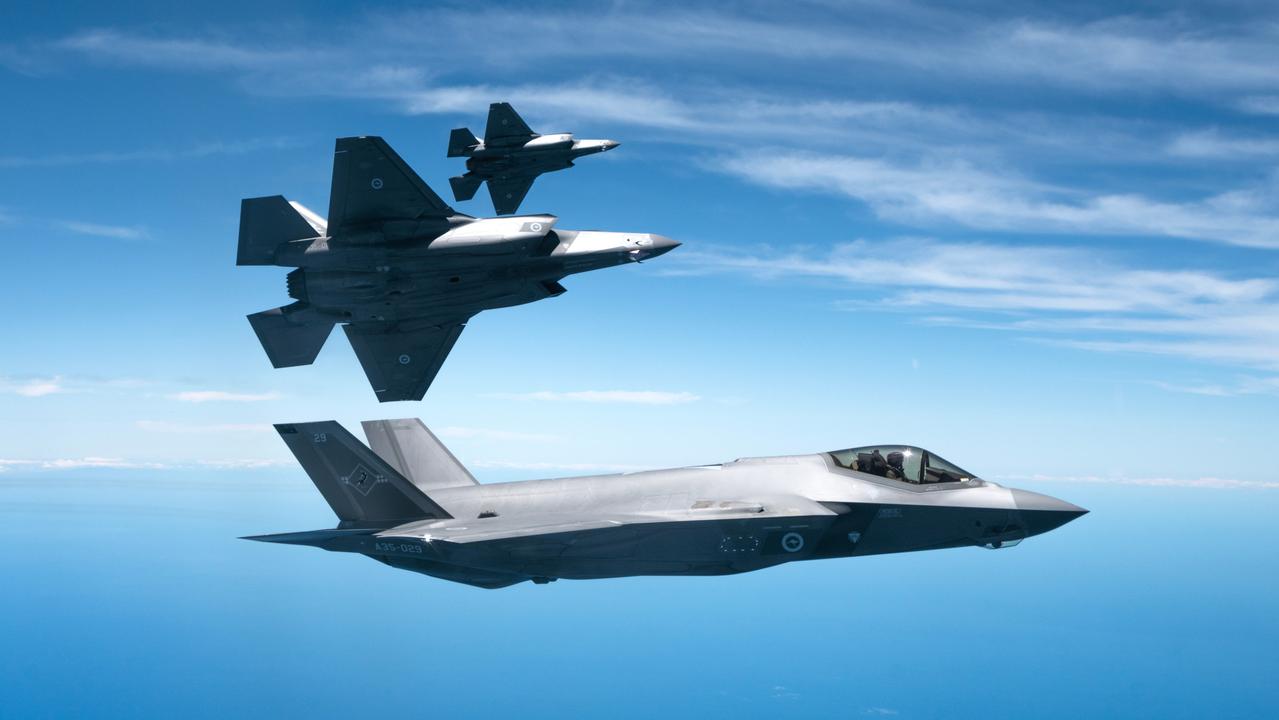Pay-off for Queensland’s aerospace payload in showcase
The 22 companies on the Queensland Government stand at Avalon 2023 will show the return the state has earned from its 20-year investment in aerospace.

The 22 companies exhibiting on the Queensland Government stand at Avalon 2023 will demonstrate the return the state has earned from its 20-year investment in the aerospace sector.
According to the Premier, Annastacia Palaszczuk, Queensland’s growing space sector could be worth up to $6bn a year and employ 6000 people by 2036.
Leading Queensland’s charge into space is a new organisation, iLAuNCH (Innovative Launch, Automation, Novel materials, Communications and Hypersonics program), which is led by the University of Southern Queensland in Toowoomba.
iLAuNCH is funded to the tune of $180m over four years, the majority coming from the federal Department of Education’s Trail-blazer Program ($50m), a consortium of three universities – USQ, the University of South Australia and the Australian National University – and a team of industry partners, including prime contractors such as Boeing Australia and Small-Medium Enterprises such as Gold Coast-based Hypersonix and RTI. CSIRO is also contributing in kind.
Newly appointed chief executive Darin Lovett told The Australian that the $180m provides a unique opportunity to achieve both scale and impact.
While Australian researchers are world-class at creating Intellectual Property (IP), the country’s track record of subsequent commercialisation by industry – turning IP into products and services – is very poor. The creation of iLAuNCH is the opportunity to change that.
One local firm plays a significant role in the entire nation’s space sector: in 2018 Rocket Technologies International (RTI) repurposed an exhausted stone quarry near Toowoomba into a safe, secure static test site for rocket motors at the suggestion of USQ’s Professor Peter Schubel. The RTI site is now Australia’s only static rocket motor test bed in private ownership.
Also a partner in iLAuNCH is Virgin Orbit which plans to launch its first satellite from Toowoomba’s Wellcamp Airport in 2024 using a Boeing 747 with a rocket strapped under its port wing.
Once the B747 is at cruising altitude the rocket fires, carrying multiple small satellites into Low Earth Orbit (LEO). If this demonstration is successful, Virgin Orbit plans to conduct multiple launches from about 2027.
Gold Coast-based Gilmour Space Technologies is developing both a family of conventional rocket launchers and a family of multi-role 100kg-class satellite busses. Its first launch, Australia’s first orbital launch from a privately owned launch site, is scheduled this year.
That first launch also will see the company’s Eris Block 1, which has four engines and a 300kg payload, carry one of the firm’s own satellites into orbit in a test and demonstration mission, says chief executive and co-founder Adam Gilmour.
The company’s second launch, which will carry a number of as-yet undisclosed commercial payloads on a ride-share basis, will also be of an Eris Block 1 launcher.
Every launch after that will be of the Eris Block 2 which uses nine of the same engines and has a 1000kg payload. The first of these is expected to go into orbit during calendar 2024.
All of Gilmour’s launches will be from near Bowen on the Queensland coast.
Gilmour says the roughly north easterly launch trajectory takes it over open ocean for down-range safety while being close to the equator and therefore a good location for an equatorial orbit. The company’s future plans include an Eris Block 3 launcher with a payload of 4000kg. This would be able to take a manned crew capsule into Geostationary Orbit (GEO).
In Logan, Black Sky Aerospace is building a niche as a sovereign manufacturer of solid rocket fuel for all of Australia’s rocket and guided-weapons companies.
However, it is looking to replicate Equatorial Launch Australia’s 2022 success by launching NASA sounding rockets from its own 1.2 million-hectare launch site in South West Queensland.
The company also manufactures its own SIGHTER 300 sounding rockets which can carry payloads into sub-orbital space and enable microgravity experiments – importantly, high-sub-orbital flights can confer precious flight heritage on developmental space equipment without the expense of a full orbital launch.
Sub-orbital launch also enables rapid return of the payload and launcher to Earth by parachute, sometimes within the boundaries of the range.
Brisbane-based startup Valiant Space manufactures satellite rocket engines and thrusters, says chief executive Andrew Uscinski, and achieved flight heritage thanks to the successful Skykraft satellite launch in January this year.
Its engines develop about 2kg, or 20 Newtons, of thrust, sufficient to align a satellite or steer it a short distance. The engines weigh 0.6kg with fuel tanks containing N2O (Nitrous Oxide) and propane weighing up to 10kg. This fuel mix is much less toxic for both ground handling and storage than the hydrazine used in other systems.
The company already has a launch customer, whom it can’t name at this stage, so its next launch will also be its first commercial launch.
Queensland has worked hard but quietly for 20 years helping its companies develop their space capabilities. At Avalon 2023, their success will be evident.




